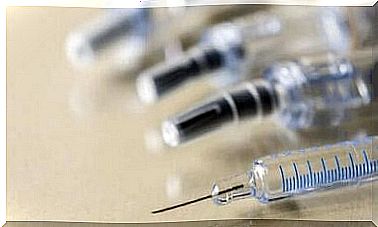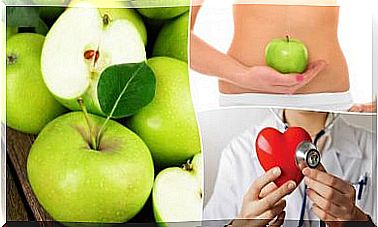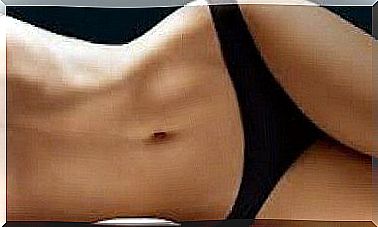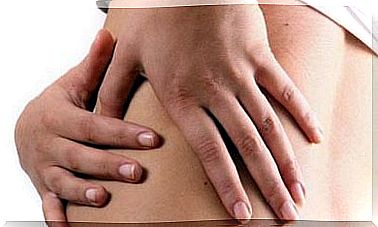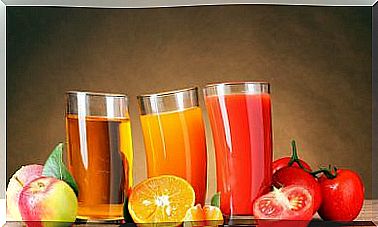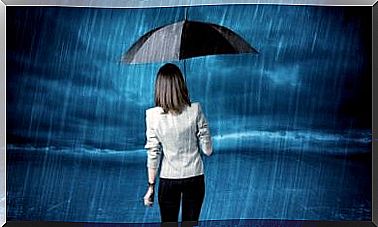Can You Get Pregnant Naturally At The Age Of 45?
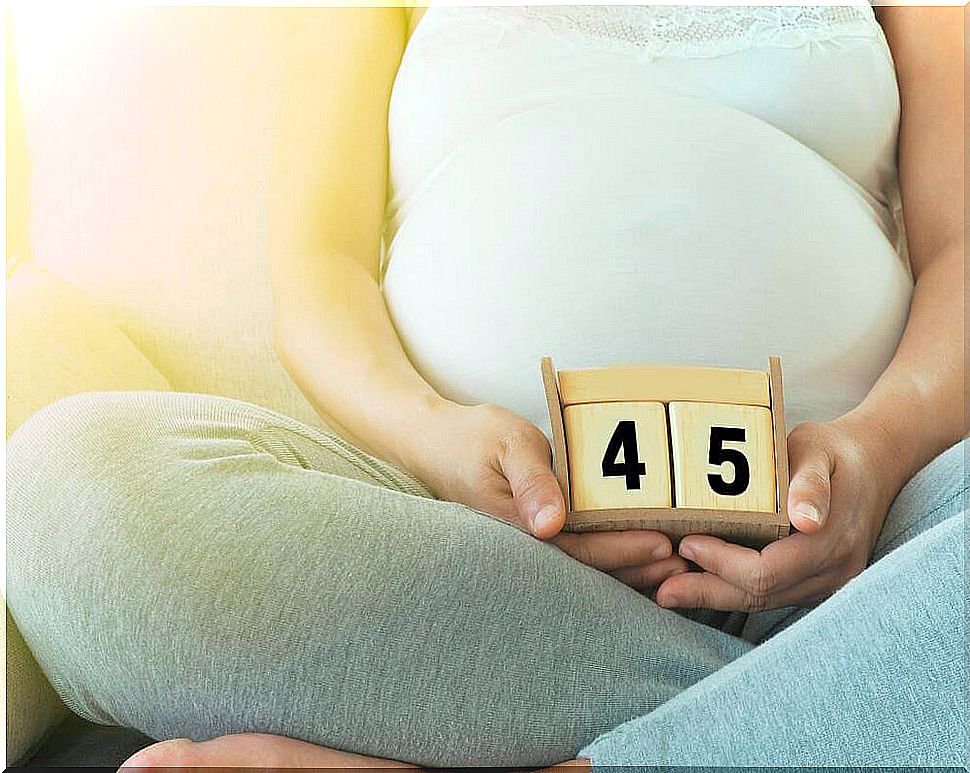
Women get pregnant later and later. But can you get pregnant naturally at age 45?
There are many economic, academic, social and other factors that cause women to delay pregnancy until their final reproductive years.
There are cases of women who have become pregnant at the age of 45 years or older. But many do not know if these pregnancies are natural or not. In this article, we examine the likelihood of getting pregnant at this age naturally.
Your fertility
Fertility changes with age. The beginning of a woman’s reproductive life begins with ovulation and menstruation. This phase begins in adolescence, around the age of 14, although each female organism develops at a different pace.
But a woman’s reproductive life also has an end. The small chances of getting pregnant at age 45 have to do with this. But to understand the reasons for this, you need to know what happens in the menstrual cycle.
Read about: How to improve your fertility
What happens during the menstrual cycle?
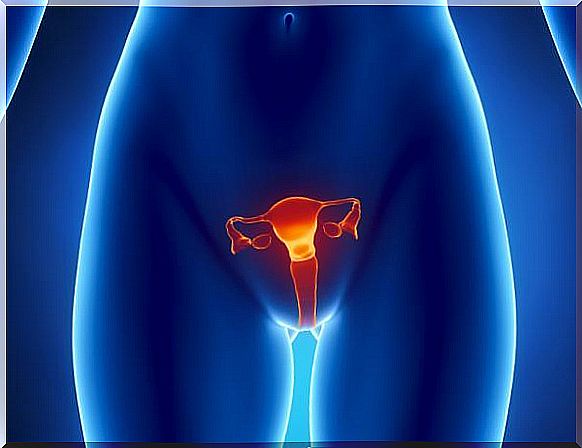
Follicles or small, fluid-filled balls are found in the ovaries. The eggs are inside these follicles. However, at the beginning of each menstrual cycle, the brain produces a follicle-stimulating hormone that stimulates follicle growth. When a follicle matures, it releases an egg and that egg is ready to be fertilized by sperm.
If this happens, the woman becomes pregnant. The cells are implanted in the endometrium, i.e. the uterine lining and develops into the formation of a baby.
However, if the egg is not fertilized, the uterus rinses its lining and discards it from the body as a menstrual stream and restarts the cycle. From the age of 16 years, the typical length of each menstrual cycle is 26 to 35 days.
7 years later, women are in their most fertile stage, where the body is more likely to become pregnant. This fertile period lasts until the late thirties or early forties.
But fertility begins to decline gradually after that. Menstruation becomes less frequent due to age-related changes. Why is this happening?
You have a limited number of eggs – so it can be harder to get pregnant naturally later in life
Unlike men, women have a certain number of oocytes or follicles. This is known as the ovarian reserve and it is one of the most important elements in the form of female fertility.
Girls are born with approx. one million oocytes. But when a girl reaches puberty, the reserve drops to about 400 thousand. Of these oocytes, the female will only have 300 to 400 available for ovulation to become pregnant throughout their reproductive life.
The best reproductive age

The best reproductive stage is a woman’s 20s. But as time goes on and the woman ages, her ovaries fall off. In this way, the fertile landscape complicates itself and the chances of getting pregnant decrease.
A 30-year-old healthy woman has only a 20% chance of getting pregnant. But according to specialists, the oocyte reserve begins to decline dramatically between the ages of 35 and 37. 40-year-old women have only a 5% chance of getting pregnant.
In other words, only 5 out of 100 women will get pregnant and the rest will have to try again. Therefore, the biological chances of getting pregnant at age 45 are very slim. Everything also becomes more complicated due to menopause.
Find out: The four most common menstrual problems
The odds of getting pregnant naturally at age 45
One might think that fertility does not end until a woman reaches menopause. However, the possibility of natural pregnancy ends many years before, around the age of 45. This condition also reduces the chances of other fertility treatments such as in vitro fertilization.
However, researchers are trying to increase the chances of getting pregnant at an older age through assisted reproductive technology (ART). For example, a study shows that the probability of getting pregnant at the age of 40 is currently 27.6%; at age 41, the percentage drops to about 20%; and at the age of 43 there is only a 10% chance of getting pregnant.
It is important to note that 43 years is the new age limit for getting pregnant through assisted reproduction techniques. However, these treatments will be much more expensive for older women. This means that the chances of getting pregnant at age 45 are very low.
The conclusion
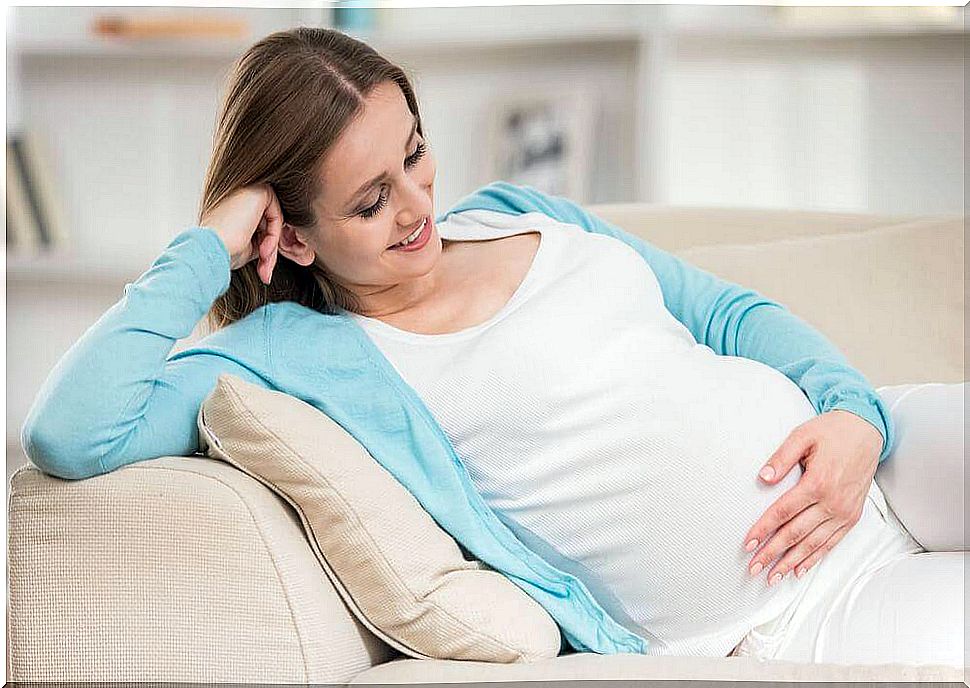
As women get older, the chances of getting pregnant naturally decrease, especially after the age of 35. This includes women who want to get pregnant at the age of 45 years. Therefore, it is important for women who are planning or waiting to get pregnant to keep this in mind.
It is also important for them to inform themselves, consider different options and keep in mind a realistic picture of the chances of success. This will help them make the best family planning decisions.
